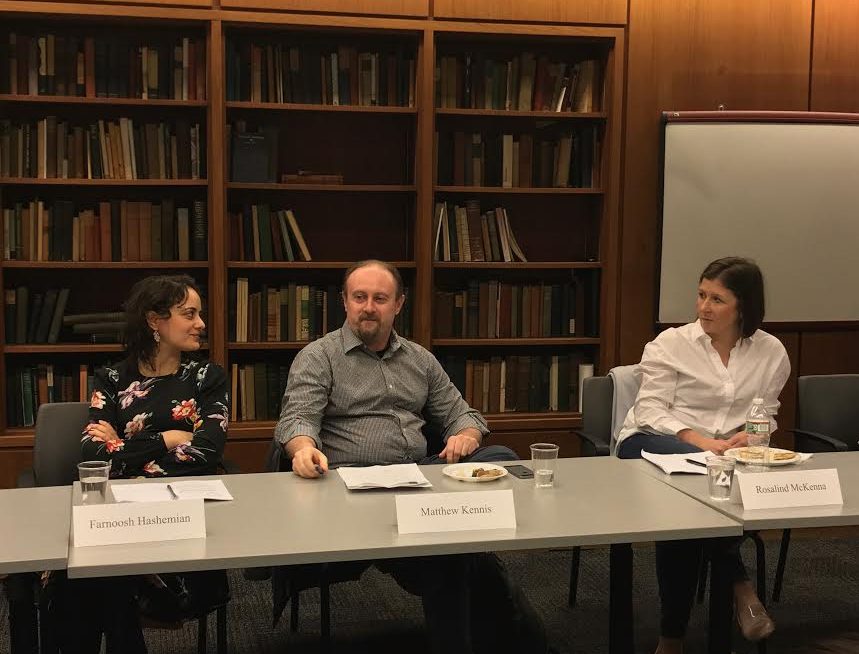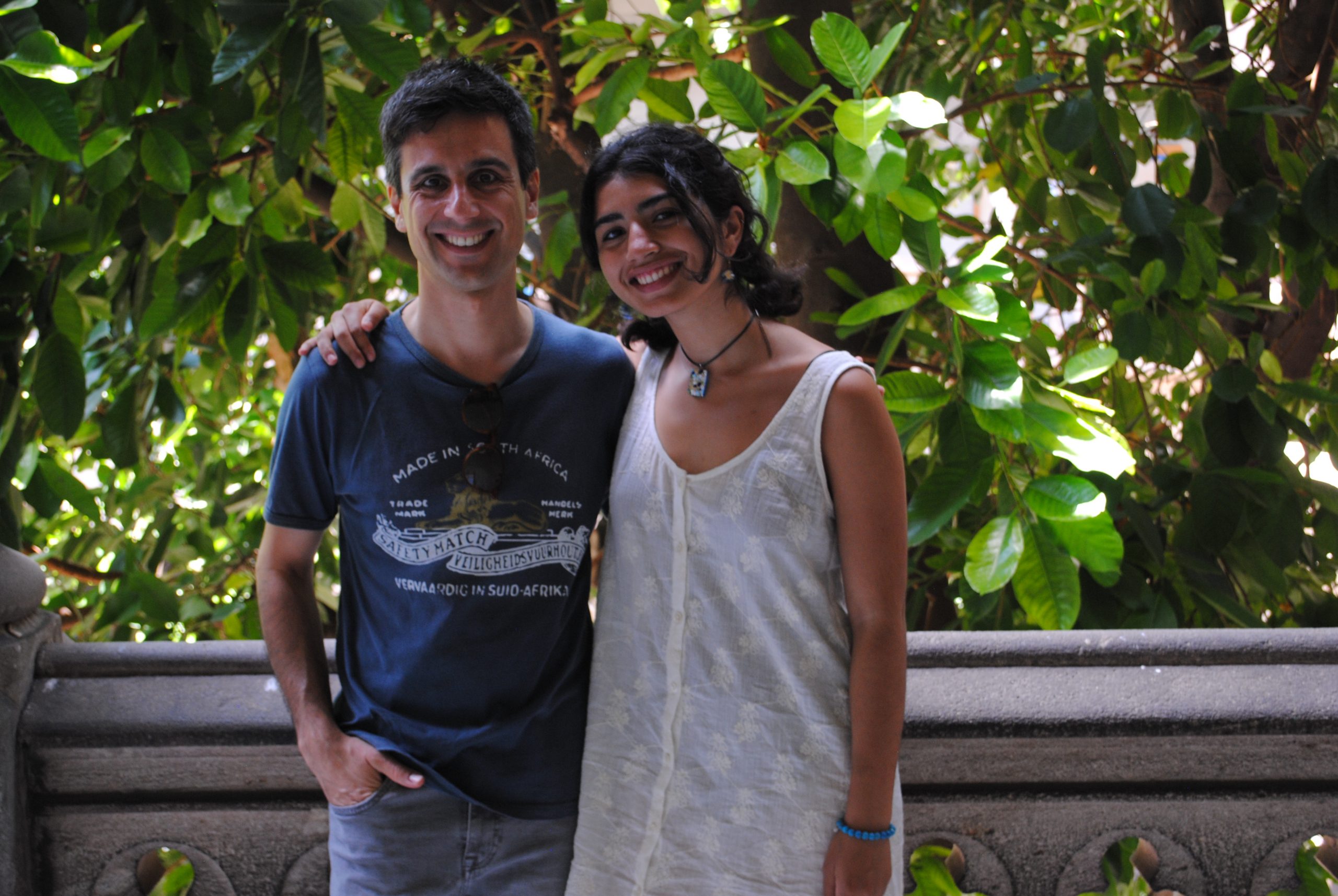
What Does a Career in Human Rights Look Like? The Experts Weigh in
By Rowena Kosher, a blog writer for RightsViews and a student in the School of General Studies at Columbia University
The Institute for the Study of Human Rights held its annual human rights career panel last month, offering students the chance to hear from individuals in a variety of human rights careers. The panel was an opportunity for future practitioners to gain insight into human rights in action outside of academic study at Columbia University.
The undergraduate and graduate students who attended the event held at Columbia's International Affairs Building posed questions about their professional futures in human rights. The panelists, all career veterans in the field, helped answer student concerns by sharing stories about their career paths, their experiences, and other practical advice.
What are the most rewarding parts of a career in human rights, and what are the challenges?
The panelists agreed that the human rights field can be complicated and frustrating at times. Victories don’t always happen, but it is important to be...

